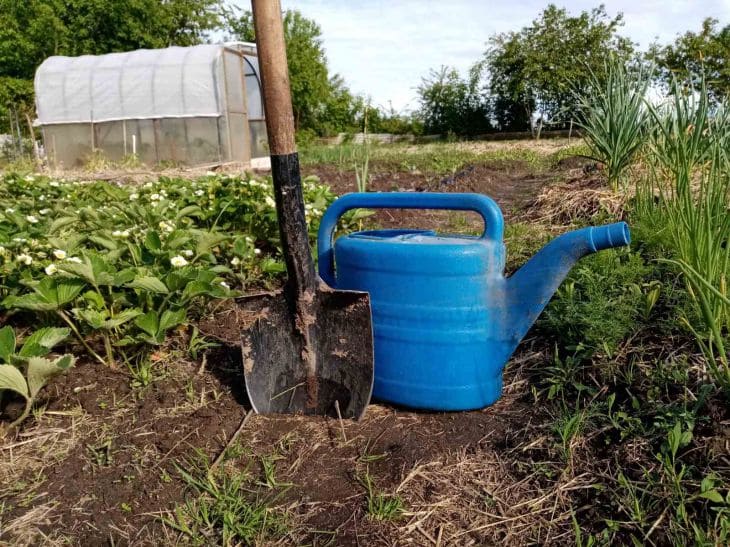Aphids are small sap-sucking insects that can cause significant damage to a variety of plants.
They feed on plant sap, which can lead to slow growth, reduced yields, and even death of plants if left untreated.
Fortunately, there are many methods for controlling aphids and protecting plants from their destructive effects.
Definition of aphids
Aphids come in many shapes and sizes, but they all have some common characteristics. They are usually small (less than 1/8 inch), soft-bodied insects with long antennae and legs. They can be green, yellow, black, brown, or red.
Aphids usually congregate on tender new growth of plants, where they suck the sap from stems and leaves. This can cause yellowing or wilting of leaves, and in severe cases, stunted growth.

Organic methods of control
Organic control methods are an effective way to control aphids without the use of harsh chemicals and pesticides.
One method is to introduce beneficial insects such as ladybugs or lacewings into the garden or landscape. These beneficial insects feed on aphids and help keep their population under control. Another organic method of control is to use insecticidal soaps or horticultural oils to kill aphids on contact.
These products are generally safe for people and pets, but for best results they should be used according to the manufacturer's directions.
Chemical control methods
Chemical methods of aphid control are also available, but should be used with caution due to their potential toxicity to humans and other animals. Insecticides such as pyrethrins and carbamates effectively kill aphids on contact, but can be toxic if used incorrectly.
It is important to read all instructions before using any chemicals in your garden or landscape and always wear protective clothing when applying them. Additionally, chemical control methods should only be used when other organic methods have failed to produce satisfactory results.
Conclusion
Aphids can cause significant damage to your garden or landscape if left untreated, but there are many methods to effectively control them. Organic control methods, such as introducing beneficial insects or using insecticidal soap, can be effective in controlling aphids without the use of harsh chemicals or pesticides.
Chemical control methods may also be necessary in severe cases, but should only be used after other organic methods have failed, and with extreme caution due to their potential toxicity if used incorrectly.








